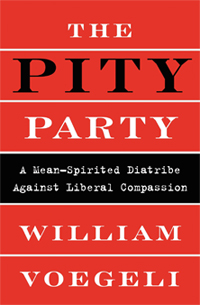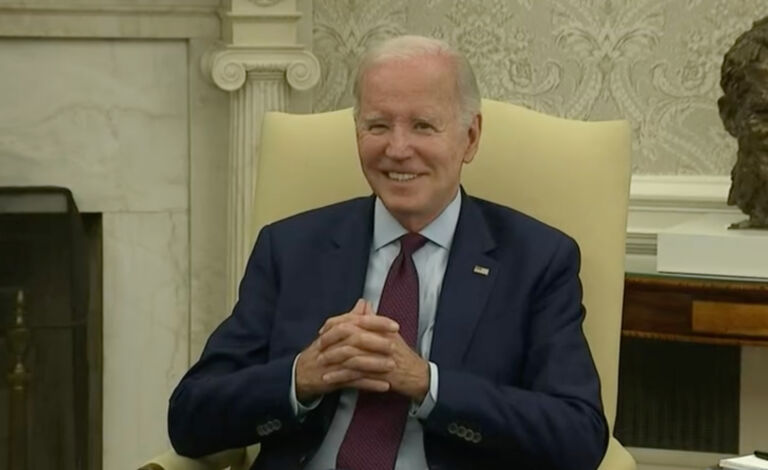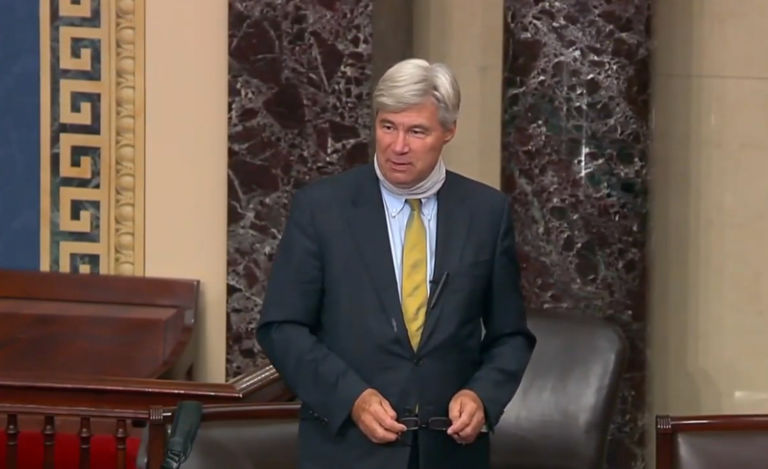 The latest print edition of National Review features Michael Knox Beran‘s review of The Pity Party, the latest book from William Voegeli. Beran focuses on the author’s analysis of the misguided “politics of kindness.”
The latest print edition of National Review features Michael Knox Beran‘s review of The Pity Party, the latest book from William Voegeli. Beran focuses on the author’s analysis of the misguided “politics of kindness.”
Voegeli, a senior editor of the Claremont Review of Books, finds it revealing that those who preach the politics of kindness most vociferously are curiously uninterested in the effects of their empathic policies. He points to such feckless exercises in federal kindness as Head Start, a program that, in the words of Time’s Joe Klein, “simply does not work.” Yet Head Start’s defenders, in their blithely cynical way, continue to portray the program as a success.
The obvious inference to be drawn is that the purveyors of kindliness in politics are less interested in helping the unfortunate than in seeming to help them. Voegeli observes that for the political do-gooder, it is often a matter of indifference whether his policies work as they are meant to; the do-gooder is concerned less with the happiness of the objects of his pity than with the perfection of his own self-image. A “defining characteristic” of this politics, Voegeli writes, “is a strong preference for political stances that demonstrate one’s heart is in the right place, combined with a relative indifference to whether the policies based on those stances, as actually implemented, do or even can achieve their intended results.”
In other words, the politics of kindness is another pretty flower in the modern epicure’s garden of earthly delights. Such a politics is agreeable to behold; its aroma is pleasant. That it is also, in certain cases, toxic to those whom it is intended to help is beside the point, for its purpose is not to lift up the struggling poor man, but to soothe the conscience of the anxious rich man. It is the hypocritical engine of the higher narcissism.


